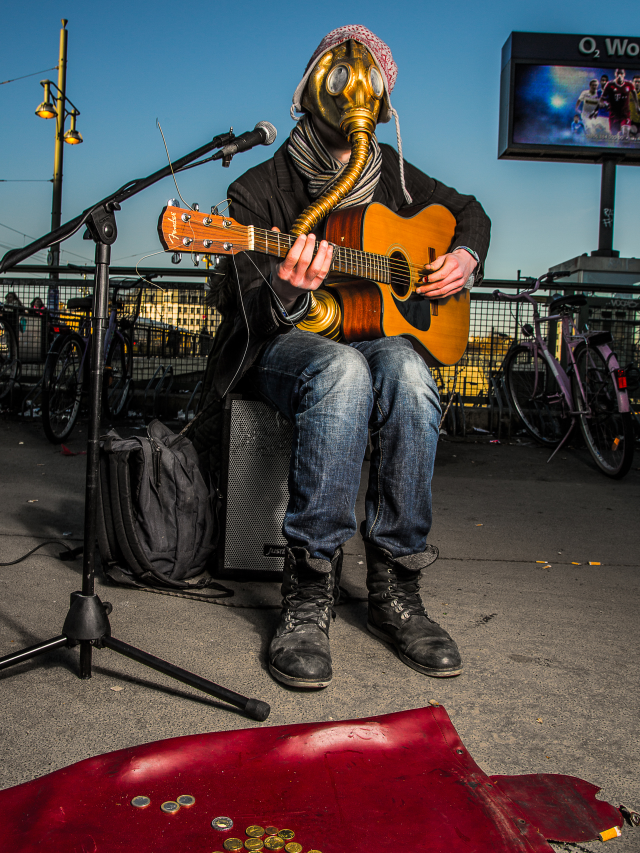Skip to main content
After the Fire
Curator: Björn Döring
In 1914 the 19th century ended in decay, destruction and a loss of identity. How did the younger generation that went to Berlin, London, Budapest and Sarajevo handle the peace after the armed encounte ...
In 1914 the 19th century ended in decay, destruction and a loss of identity. How did the younger generation that went to Berlin, London, Budapest and Sarajevo handle the peace after the armed encounters? Between hedonism and the youth movement, between experiments with drugs, protest songs and the shocks of modernist music, new music cultures developed. Chanson and jazz, music hall, urban blues are not always a sign of protest, but at least they are an expression of otherness. After The Fire, the OpenCampus' music program, explores the Connections between the European musical styles of the past hundred years, and the sound of 2014. What happened to young
artists and their music during the time of World War I? How did the war leave its mark on the period that followed? What traces of the »Great War« can still be found in today's pop music?
The time of the First World War coincided with the dawn of modernist music: Schönberg revolutionized harmony by mistake, America's entry into the war brought jazz to Europe, earplugs were invented shortly before the war, the radio shortly after. Cities become noisy and nervous. Contemporary techniques like the remix, mash-up, hard cuts and track changes were created in the image and Sound processing experiments of the twenties. Microphones, amplifiers, film and the saxophone change the sound of the world. After The Fire is a collage of concert, party and film about and with music in the age of its mechanical reproduction— from Schönberg to Motörhead.
The public Programme begins with a silent disco on the 8th of May, the 69th Anniversary of the end of World War II. The Collegium Hungaricum will become the screen for a VJ Performance from the Hungarian group Kiégő Izzók, whose images are accompanied by DJ Bootsie in a silent-disco format.
In a concert on the 9th of May, the Berlin-based electro duo Gebrüder Teichmann, together with the video collective Transforma and the Heidelberg-based pianist Moritz Eggert and guests, turn their radically subjective, fragmentary gaze to the musical history of the war, from 1914 to today— framed by DJ Bootsie, the London beatbox blues duo Heymoonshaker and the German-French chanson trio Scorbüt. Afterwards the Frankfurt-based DJ Shantel puts his expertise in the breaking down of barriers (musical, at least) to the test.
»After the fire / The fire burns quietly / The heart grows older / But it never ever learns ... / After the fire / The fire burns quietly.« ( Pete Townshend & Roger Daltrey )
08. Mai 2014, 22 Uhr
After the Fire - Silent-Disco, Free Admission
VJ Performance Kiégő Izzók, DJ Bootsie
Collegium Hungaricum
09. Mai 2014, 20 Uhr
After the Fire - Concert, Party
Konzert: mit Gebrüder Teichmann (Berlin) & Moritz Eggert (Heidelberg), DJ Bootsie & Kiégő Izzók (budapest), Heymoonshaker (London), Transforma (Berlin), DJ İpek (İstanbul), Scorbüt (Paris)
Party: Shantel (Frankfurt)
Gorki Bühne
